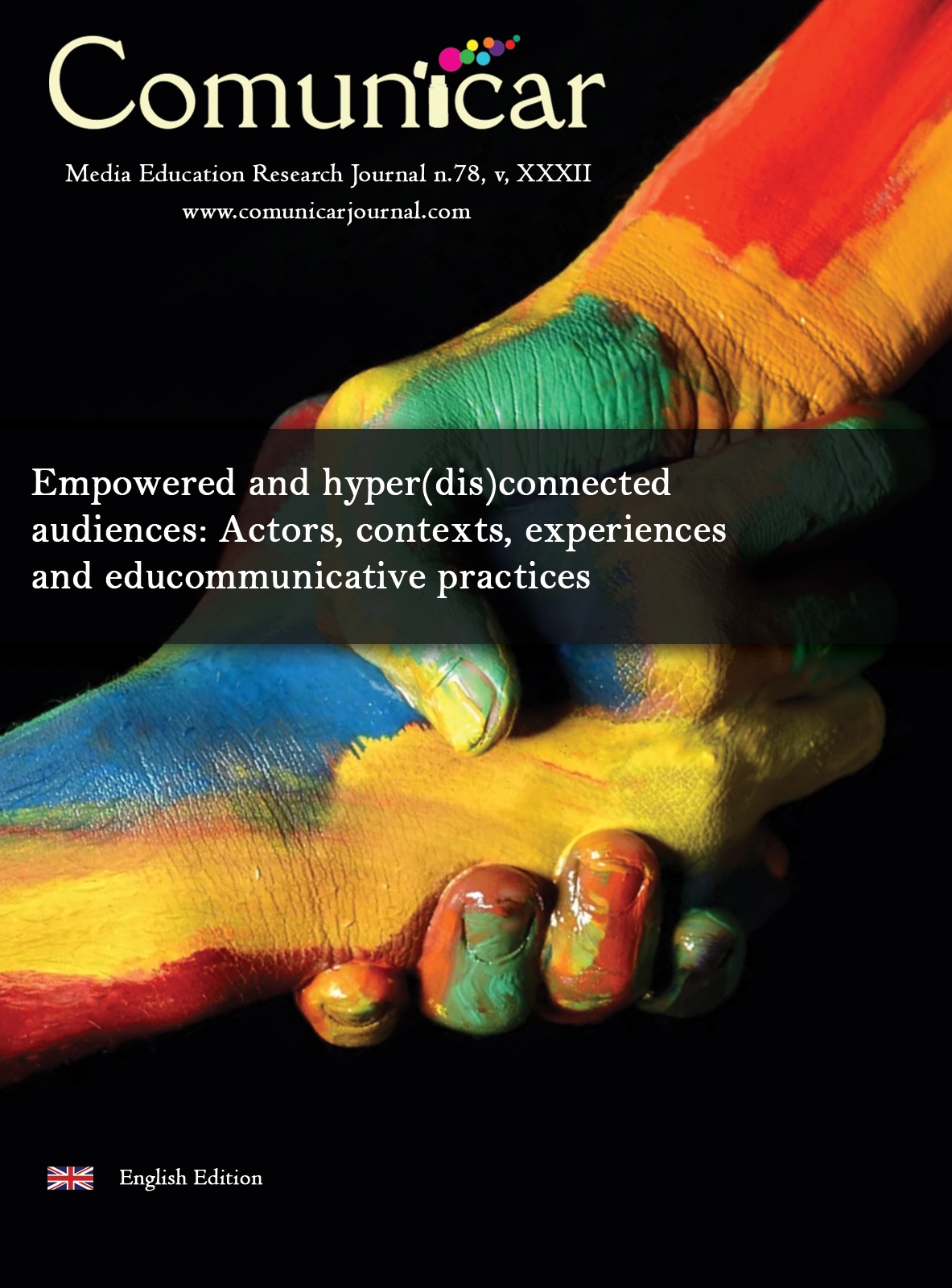香港大学生对社交媒体新闻的动机及认知
IF 5.1
1区 文学
Q1 COMMUNICATION
引用次数: 5
摘要
随着数字时代社交媒体的普及,在社交媒体上获取新闻已经成为大学生日常生活的一部分。然而,很少有研究详细调查他们的社交媒体新闻使用情况,尤其是在亚洲国家。为了填补这一空白,我们旨在研究是什么促使大学生在社交媒体上寻找新闻,他们在多大程度上认为自己可以控制新闻的影响,以及新闻动机是否与他们在三个领域的新闻媒体素养水平相关:(a)作者和受众;(b)信息与意义,以及(c)表现与现实。来自香港一所大学的147名大学生参与了调查。在四种新闻动机中,社交是在社交媒体上使用新闻的最有力预测因素。大多数学生认为自己能够控制新闻影响,表现出较高的新闻媒体素养水平,认为自己能够控制新闻影响的学生表现出较高的新闻媒体素养水平。从这个意义上说,高新闻素养的学生比低新闻素养的学生更有可能为了社交而寻找新闻。讨论了教育学生以积极和明智的方式使用社交媒体的见解。本文章由计算机程序翻译,如有差异,请以英文原文为准。
Motivation and perception of Hong Kong university students about social media news
With the prevalence of social media in a digital age, accessing news on social media has become a daily routine of university students’ lives. However, little research has been done to examine their social media news use in detail, especially in Asian countries. To fill this gap, we aimed to examine what motivated university students to seek news on social media, to what extent they perceived they were in control of the influences of news, and whether news motives were related to their levels of news media literacy across three domains: (a) authors and audiences; (b) messages and meaning, and (c) representation and reality. One hundred and forty-seven university students from a university in Hong Kong participated. Among the four news motives, socializing was the most powerful predictor for news use on social media. Most students believed they were in control of news influences and demonstrated a high level of news media literacy, and those who believed themselves to be in control of news influences showed a higher level of news media literacy. In this sense, high news-literate students were more likely to seek news for socializing as compared to their low news-literate counterparts. Insights on educating students to use social media in a positive and smart way were discussed.
求助全文
通过发布文献求助,成功后即可免费获取论文全文。
去求助
来源期刊

Comunicar
Multiple-
CiteScore
10.10
自引率
5.40%
发文量
40
审稿时长
20 weeks
期刊介绍:
Comunicar specialized in educommunication: communication and education, ICT, audiences, new languages...; monographs specialized in current issues. Double format: printed and online; digitally, accessible in full text, free of charge, for the entire scientific community and researchers around the world. Coeditions printed in Spanish and English for the whole world. Published by Oxbridge Publishing House which collaborates with many international centres and universities.
 求助内容:
求助内容: 应助结果提醒方式:
应助结果提醒方式:


